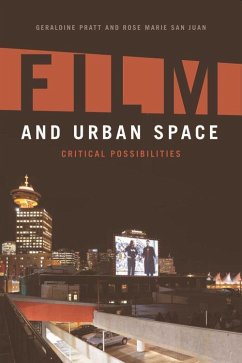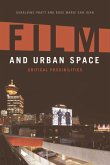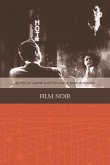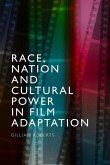How are the political possibilities of film related to urban space? What is to be gained from theorising urban space and film together? How does cinema persist as public space? Film and Urban Space traces recurring debates about what constitutes film's political potential and argues that the relation between film and urban space has been crucial to these debates and their historical transformations. The book demonstrates that certain recurring prescriptions - shooting on location, disrupting normalising time, experimenting with memory, interlinking the spaces of screen and cinema - draw on the relation between film and urban space as a kind of laboratory. As these prescriptions have been tested anew in different circumstances new opportunities and new limits invariably have been encountered, in part because of the dynamism of urban space. A wide range of key films, from Dziga Vertov's 1928 Man with a Movie Camera to Jia Zhangke's 2008 24 City, are discussed in depth, each offering an argument for how the encounter between specific manifestations of modern urban space and politically engaged film strategies has served to challenge the status quo and stimulate critical thinking. An insightful and thought-provoking read, Film and Urban Space presents scholars and advanced students in Film Studies with a compelling argument for the impact of urban space in creating film's critical political and ethical possibilities. Geraldine Pratt is Professor of Geography at the University of British Columbia. Rose Marie San Juan is Professor of History of Art at University College London. Cover image: Gastown Drive In 2008 (c) Gavin Mackenzie, courtesy of Urban Republic Arts Society Cover design: www.paulsmithdesign.com
Hinweis: Dieser Artikel kann nur an eine deutsche Lieferadresse ausgeliefert werden.
Hinweis: Dieser Artikel kann nur an eine deutsche Lieferadresse ausgeliefert werden.








